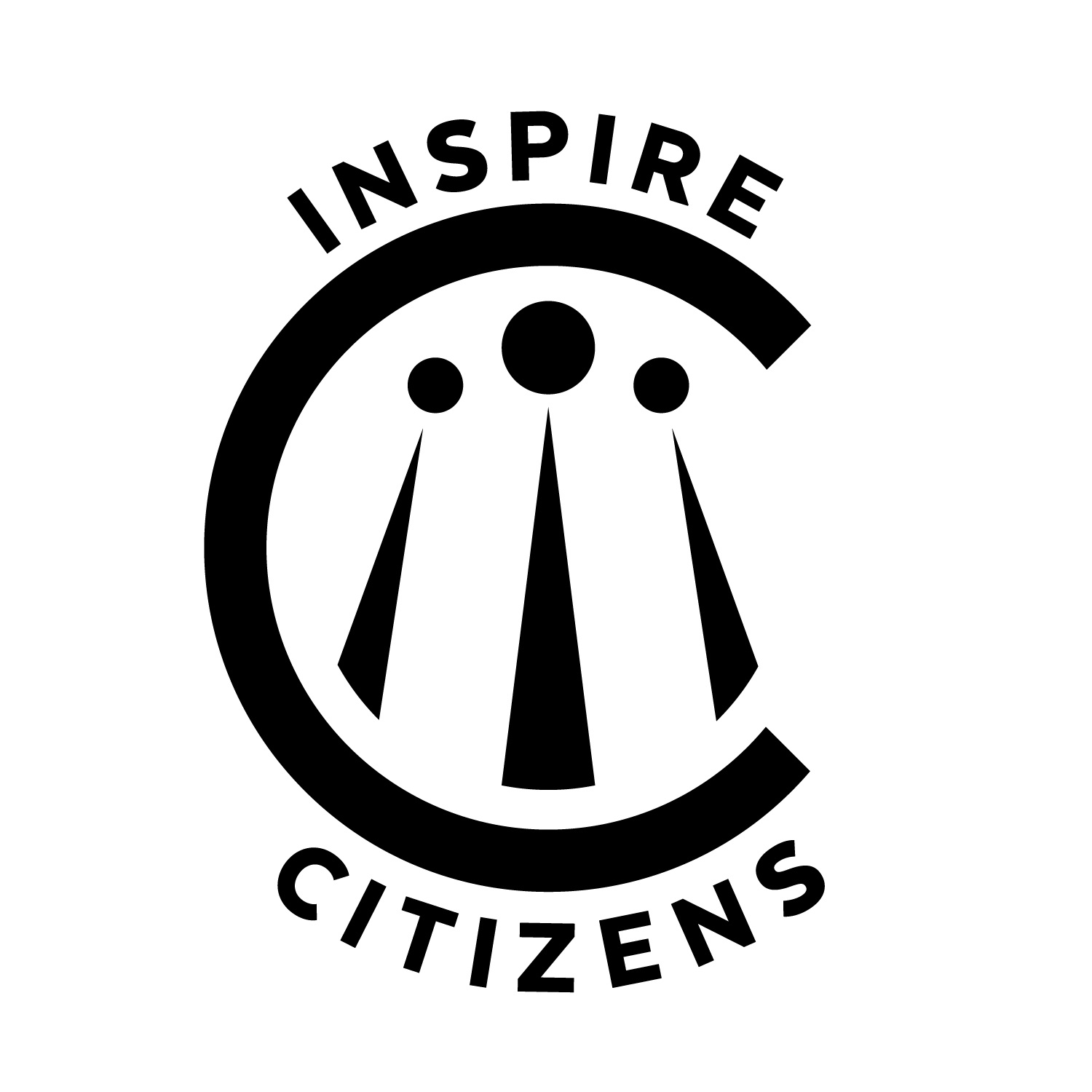IMPACT
How am I making relevant community and personal impact?
Enhanced Action
Engaging in action provides students with the opportunity to become active members of their community and has a lasting, positive impact on happiness, society, and the planet at large. Action enables students to acquire transformative skills and knowledge, work with diverse partners, as well as provide services to those who need it most. Personal benefits also include:
1. Psychological benefits: Community action increases overall life satisfaction and helps you feel good about yourself because you are working with and helping others. It can also help decrease stress and ease depression.
2. Social benefits: Action engages students with learning by creating special bonds with diverse communities and increasing social awareness and responsibility.
3. Cognitive benefits: Action helps students enhance their personal knowledge, grow from new experiences, and develop better interpersonal communication skills.
School as a Sustainability Living Lab
In collaboration, students, educators, and the greater school community can investigate and design how to set sustainability targets, how to promote more sustainable attitudes and behaviors, how to shape actual practices for greater sustainability, and how to collect evidence in order to actively monitor progress with a deep link to curriculum or program goals.
By using the school community and building as a sustainability lab, learners are empowered community members that apply global thinking to local and personal action. These micro-local actions make applied learning and authentic sustainable impact visible on a daily basis within the functions and operations of the school and behaviors of the campus community. One such resource for exploring one’s school is the Student-Led School Sustainability Self-Assessment revised in partnership with Compass Education.
Community Assets and Partners
Community asset maps take many forms, from simple lists that fit on a single piece of paper to extensive reports and geographic maps. Plotting the resources and groups you discover on a map of your city or neighborhood may be useful and can inspire you to form out-of-the-box connections, but many community maps are much more simple.
Co-designing teaching and learning for impact calls for identifying the assets in your local community: People, places, organizations and other potential partners that deserve time in building relationships and identifying needs and projects. Global connections are, of course, also fantastic opportunities for deeper learning experiences.
Get Transition started in your street, community, town, school or organisation
Transition is a movement that has been growing since 2005. It is about communities stepping up to address the big challenges they face by starting local. By coming together, they are able to create solutions together. They seek to nurture a caring culture, one focused on connection with self, others and nature. They are reclaiming the economy, sparking entrepreneurship, reimagining work, reskilling themselves and weaving webs of connection and support. Courageous conversations are being had; extraordinary change is unfolding.
Transition is deeply ambitious. It wants to change the way the places we live feed themselves, house themselves, employ themselves, power themselves.
That’s a big ask. And it will take time, determination and togetherness. But what’s vital to remember is that how you do your projects matters as much, if not more, than what the projects are. What we are doing here isn’t just creating projects that reimagine and rebuild the world.
What is just as important is that the way we work, the organisational cultures we create, should also model the kind of world we want to create. There’s no use trying to create a new, healthier and more resilient culture if we end up replicating the unhealthy ways of relating and working that underpin our current culture.
A movement of communities coming together to reimagine and rebuild our world: The Essential Guide to Doing Transition
Compassion and Wisdom
True wisdom is to directly see and understand for ourselves. At this level then, wisdom is to keep an open mind rather than being closed-minded, listening to other points of view rather than being bigoted; to carefully examine facts that contradict our beliefs, rather than burying our heads in the sand; to be objective rather than prejudiced and partisan; to take time about forming our opinions and beliefs rather than just accepting the first or most emotional thing that is offered to us; and to always be ready to change our beliefs when facts that contradict them are presented to us.
Just as wisdom covers the intellectual or comprehending side of our nature, compassion covers the emotional or feeling side of our nature. Like wisdom, compassion is a uniquely human quality. Compassion is made up of two words, 'co' meaning together and 'passion' meaning a strong feeling. And this is what compassion is. When we see someone in distress and we feel their pain as if it were our own, and strive to eliminate or lessen their pain, then this is compassion.
Futures Media
Futures Media provides an open space for students everywhere to explore and produce informed media for the critical and compassionate exchange of ideas.
Through nearly twenty student-centered media channels, learners explore and engage with issues, ethics and diverse perspectives alongside humane storytelling, technology integration, journalism, civil discourse and information literacy.
In concert with partnering schools, classrooms, or student journalists, we aim to build student-led media labs grounded in the Empathy to Impact design system: Care, Aware, Able, Impact.
ICFM learners, producers, and artists interpret global media while also working to publish credible information, capture underrepresented stories and voices, amplify imagination, and take systematic action for sustainable development and equity.

